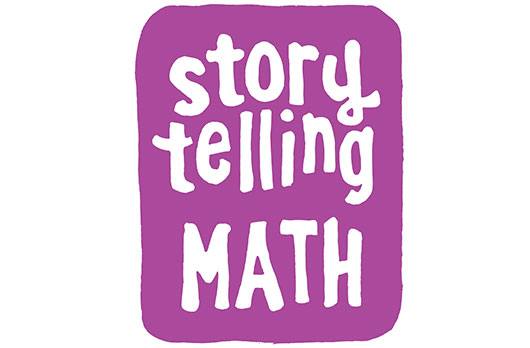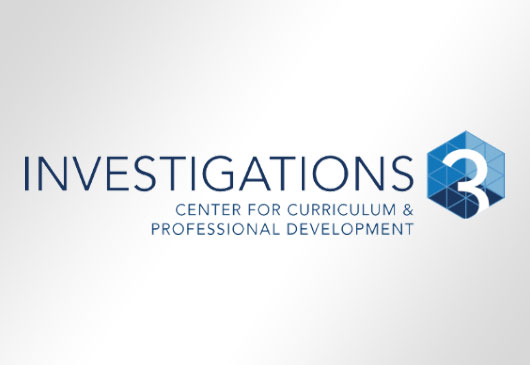
Lia & Luís: Who Has More? on PBS SoCal 111 Favorite Kids Books of 2021
Looking for your child’s next favorite book? Lia & Luís: Who Has More? (Ages 3-6) written by Ana Crespo and illustrated by Giovana Medeiros tells the story of how a little girl named Lia uses some clever math tools to show her brother how much they both really have using measurement and comparison.
The PBS SoCal list includes books for kids of all ages that talk about important topics, » Read more
Score:
The Designing Biomimetic Robots (BioRobots) project uses a design-based research (DBR) approach and emphasizes problem-based learning in an interdisciplinary integration of engineering, science, and computational thinking (CT).
Score:
Don’t miss this summit that will provide a platform for women of color in the STEM fields and their allies to network, engage in authentic discussions, and share best practices. See the program here: https://www.wepan.org/page/WOCS2021
Score:
The presentation will be done in Spanish, titled “Empoderar a las familias latinas para ayudar a los niños con las matemáticas” and it will showcase two projects which focus on engaging Latinx families with preschool- aged children in mathematics.
Score:
The Excellence in Physics Education Award each year recognizes a team, collaboration, or an exceptional individual who has exhibited a sustained commitment to excellence in physics education.
Score:
They are now making this working draft available for school-based educators who might also find it useful as a tool for reflecting on issues of equity, identity, and agency in mathematics learning and teaching.
Score:
A description of the development, design, implementation, and preliminary classroom results of an innovative curriculum, Focus on Energy, that supports learning about energy in grades 4–5.
Score:

